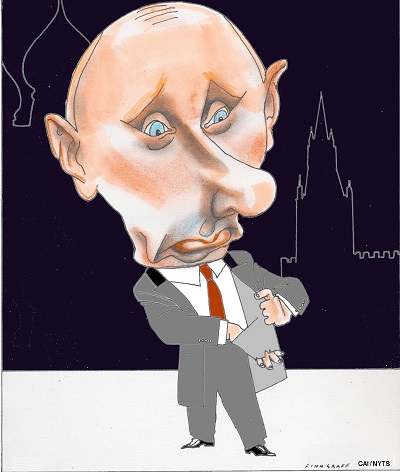My old teacher Rudi Dornbusch – whose presence is sorely missed in this world gone mad – wrote an influential 1989 analysis, with Sebastian Edwards, of what they called “macroeconomic populism.” This is the historical tendency of some (not all) populist governments to engage in wishful thinking and to believe that they can repeal the usual rules – that they can indefinitely contain inflation in an overheated economy with price controls, for example, or that they can ignore limits on capacity.
It’s slightly tricky to talk about this problem in times like these – macroeconomic populism is heterodox economics, but not all heterodox economics is macroeconomic populism. For instance, capital controls have often been an ultimately destructive attempt to mask underlying reality, but in some cases, like Iceland in recent years, they’ve proven to be a great way to calm a market panic.
Macroeconomic populism in the bad sense has been a real problem at certain times and in certain places; it’s clearly part of the mess that Venezuela is in, and Argentina has, sadly, slid from the useful heterodoxy behind its stunning recovery after 2002 to a lot of old-fashioned vices.
But let’s not talk about Latin America. Instead, let’s talk about Russia.
President Vladimir Putin’s decision to reject advice from economists who tell him anything he doesn’t want to hear feels very familiar to me and, I’m sure, to many others who’ve followed Latin America over the decades. Basically, it sounds a lot like good old-fashioned macroeconomic populism.
There is, however, one interesting difference.
The stories that Mr. Dornbusch and Mr. Edwards analyzed in their paper involved governments that really were trying to help low-wage workers and the poor. That is, they really were populist regimes, even if they didn’t end up serving the interests of their constituency. But nobody would call the Putin regime populist; he’s rejecting economics as we know it to defend a kleptocracy, not the downtrodden masses.
Have there been comparable examples? Malaysia’s imposition of capital controls in 1998 was, in part, about rescuing its version of an oligarchy, but it was also a reasonable policy given the circumstances, and it worked O.K. Otherwise I’m coming up blank.
So Mr. Putin seems to have brought something new, or at least formerly rare, into the world of economic policy: macroeconomic cronyism – an effort to suspend the laws of economics on behalf, not of the broad populace, but of a tiny group of well-connected malefactors of great wealth. Innovation!
Join us in defending the truth before it’s too late
The future of independent journalism is uncertain, and the consequences of losing it are too grave to ignore. To ensure Truthout remains safe, strong, and free, we need to raise $43,000 in the next 6 days. Every dollar raised goes directly toward the costs of producing news you can trust.
Please give what you can — because by supporting us with a tax-deductible donation, you’re not just preserving a source of news, you’re helping to safeguard what’s left of our democracy.
